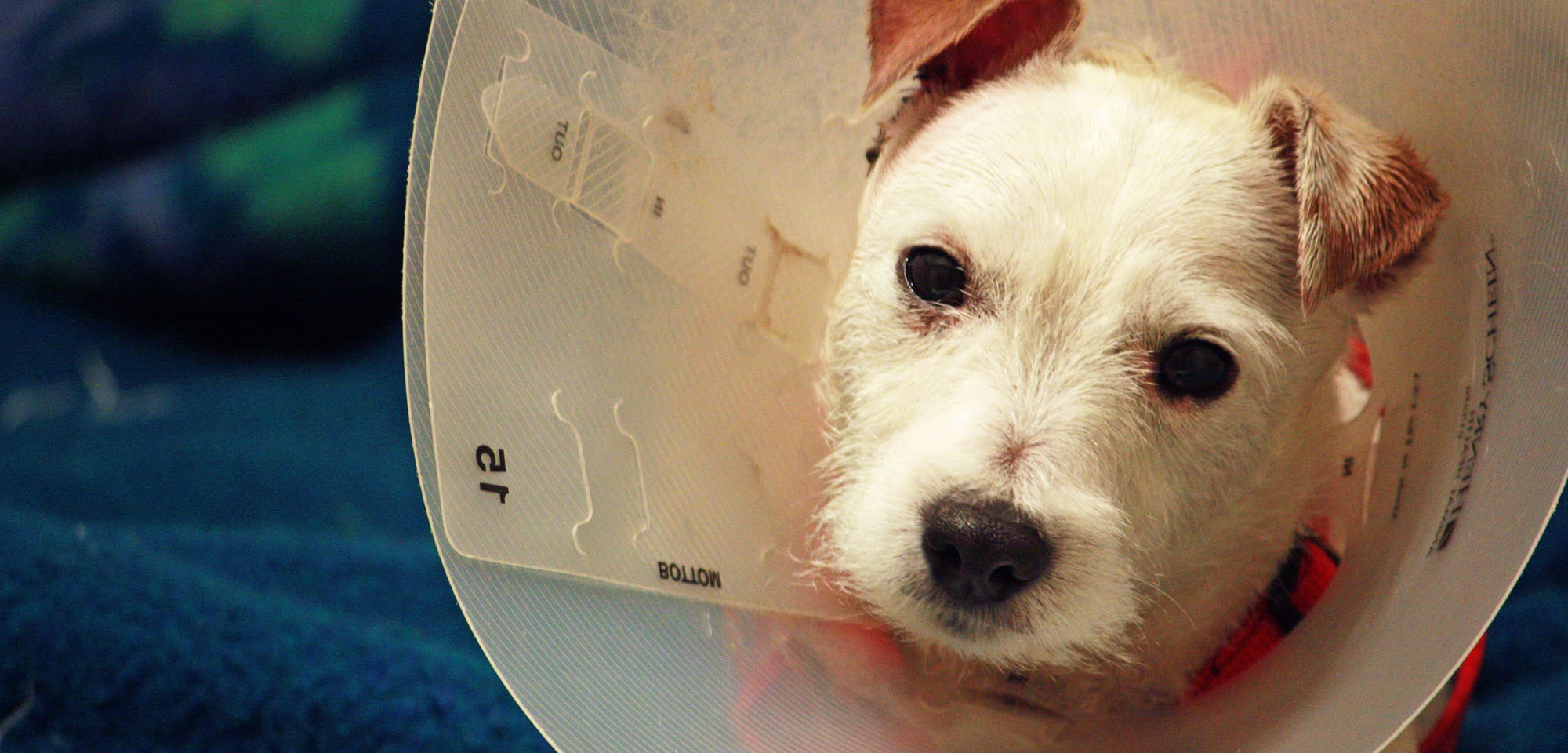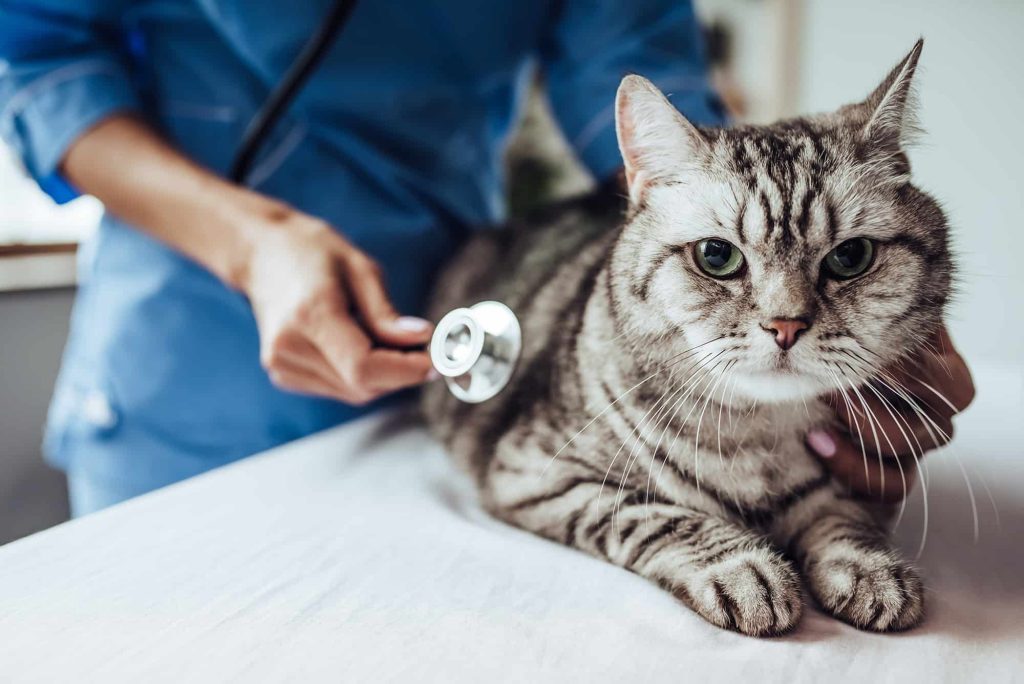Blog

Dispelling Pet Spay and Neuter Myths
 It’s astonishing how easily and frequently misinformation propagate, whether via multiple media means or simple word of mouth. When it comes to spaying or neutering your dogs, however, the majority of popular misunderstandings may be more than vexing – they can be downright harmful to your pet’s health. As such, in light of February being Spay/Neuter Awareness Month, it’s time to delve in and dispel the misconceptions for the benefit of all dogs! Continue reading to learn about some of the most often used arguments for pet owners to postpone spaying or neutering their four-legged companions, as well as why you should disregard these myths in order to maintain your dogs’ health.
It’s astonishing how easily and frequently misinformation propagate, whether via multiple media means or simple word of mouth. When it comes to spaying or neutering your dogs, however, the majority of popular misunderstandings may be more than vexing – they can be downright harmful to your pet’s health. As such, in light of February being Spay/Neuter Awareness Month, it’s time to delve in and dispel the misconceptions for the benefit of all dogs! Continue reading to learn about some of the most often used arguments for pet owners to postpone spaying or neutering their four-legged companions, as well as why you should disregard these myths in order to maintain your dogs’ health.
Myth 1: It Has the Potential to Change Your Pet’s Personality
While this is a very popular worry among pet owners, there is no evidence to support it. Male animals may exhibit less aggressiveness or dominance as a result of neutering, and females may exhibit less yowling or roaming behavior as well. However, these behavioral changes are often beneficial, since they reduce the likelihood of your dogs injuring themselves or others, or wandering too far from home. Fights between your pets and perhaps stray animals might result in the transmission of illness, leaving your cat or dog exposed when it might not have been involved in the fight at all. Apart from these characteristics, your pet’s active and cheerful nature should remain unaffected by spaying or neutering. Concerning owners who believe the surgery would emasculate their male dogs, the emphasis should be keeping them safe and healthy, not worrying about if they feel less confidence on a daily basis. Your male dog or cat is certain to be overjoyed at the prospect of avoiding testicular cancer and other serious ailments that neutering can significantly help prevent. As long as you love your pet and keep him healthy, safe, and comfortable in your house, he will definitely be as confident as he was at the beginning.
Myth 2: It Will Increase Your Pet’s Weight
There are very few, if any, medical treatments that have been shown to produce significant weight gain in dogs. The reason for your cat or dog gaining weight is frequently due to a bad diet or a lack of activity (or both), neither of which has anything to do with your furry buddy being spayed or neutered. If you’re concerned about your pet’s health as a result of his or her weight, consider switching to a healthier brand of food or just reducing portion sizes to ensure your four-legged pals consume less calories in general. Meanwhile, you may help your pet maintain a slim and trim physique by keeping him or her active throughout the day. Allow your pets to run about the yard and play fetch to enhance their cardio, or take them on a long walk or hike so you can both enjoy the outdoors while also getting some heart-pumping, calorie-burning exercise. Whatever steps you choose, there are several ways to help your pet lose weight and maintain a healthy weight via nutrition and exercise, regardless of whether the animal has ever been spayed or neutered.
Myth 3: It Will Almost Certainly Cause Horrible, Unnecessary Pain
No loving pet owner wants to see their cat or dog in suffering, which is why this myth has become so common. That being said, when performed by a skilled and trustworthy veterinarian, spaying and neutering your pet causes no major suffering. Most qualified specialists will offer pain medication to your dogs prior to putting them under anesthesia, ensuring that they are comfortable during surgery under general anaesthetic. Following the treatment, the doctor will administer further pain and anti-inflammatory medicine to assist your furry companions in recovering as painlessly and fast as possible. Once your pet has returned home, you may aid in the healing process by offering plenty nutritious treats and comfy bedding, as well as a warm, safe environment conducive to rest and rehabilitation.
Myth 4: The Procedure Is Exorbitantly Expensive
While caring for your favorite cat or dog entails some financial sacrifices, spaying or neutering your pet does not have to be an expensive undertaking. There are several possibilities accessible based on your location, as well as a plethora of programs developed specifically for individuals in need of financial aid. Often, you may discover a solution that offers a significant discount, or even have the treatment performed for free in rare situations. The ASPCA and other helpful organizations are freely available online, with databases of local facilities prepared to accommodate you and your pet. At the end of the day, getting your fluffy pet spayed or neutered can still be far less expensive than caring for an entire litter, not to mention the medical bills associated with cancer or other disorders.
Myth 5: Taking Care of Our Pet’s Litter Would Be Simple
It is nearly hard to argue with someone who believes puppies and kittens are adorable. The desire for a pet to create gorgeous offspring can be a compelling reason for many owners to forego spaying or neutering. Unfortunately, caring for a full litter of animals may be incredibly expensive. As a result, people frequently elect to give the babies away, and it’s just as tough to assure that the litter will find wonderful, loving homes. Meanwhile, hundreds of animals seek permanent homes each year in overcrowded shelters, so adding to the situation is both cruel and needless.
Dispelling myths about spaying and neutering pets is the first step in making the best health and happiness option for your own pet. As part of February’s Spay/Neuter Awareness Month, it’s critical to communicate the truth about the process and its advantages, allowing more individuals to commit to the treatment for the sake of their own cherished animals.























